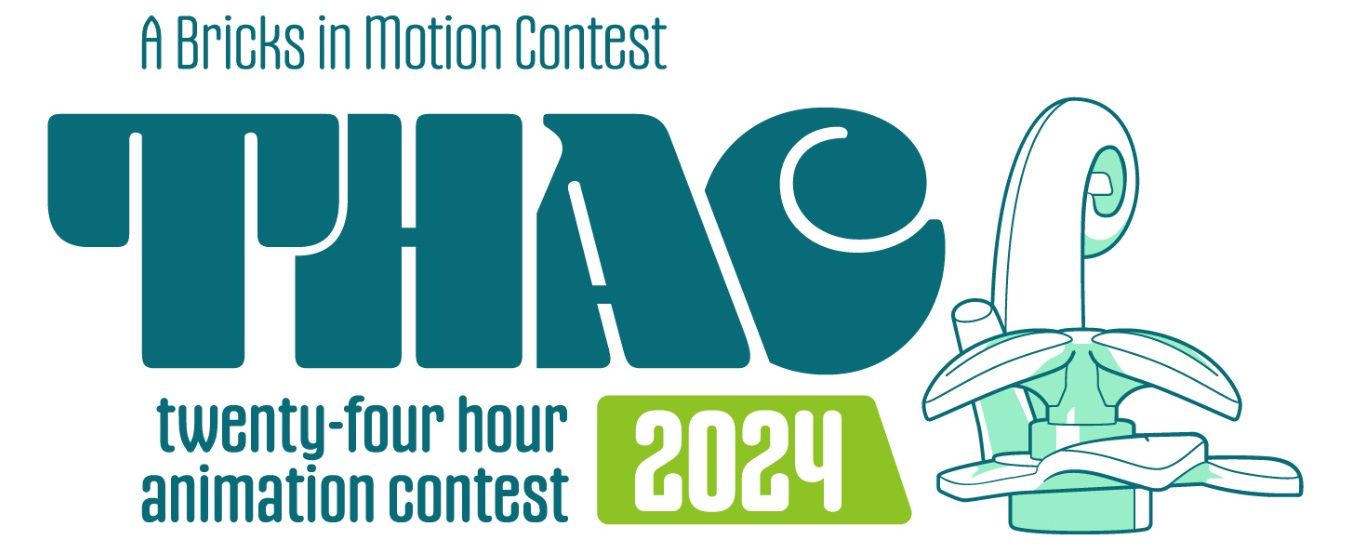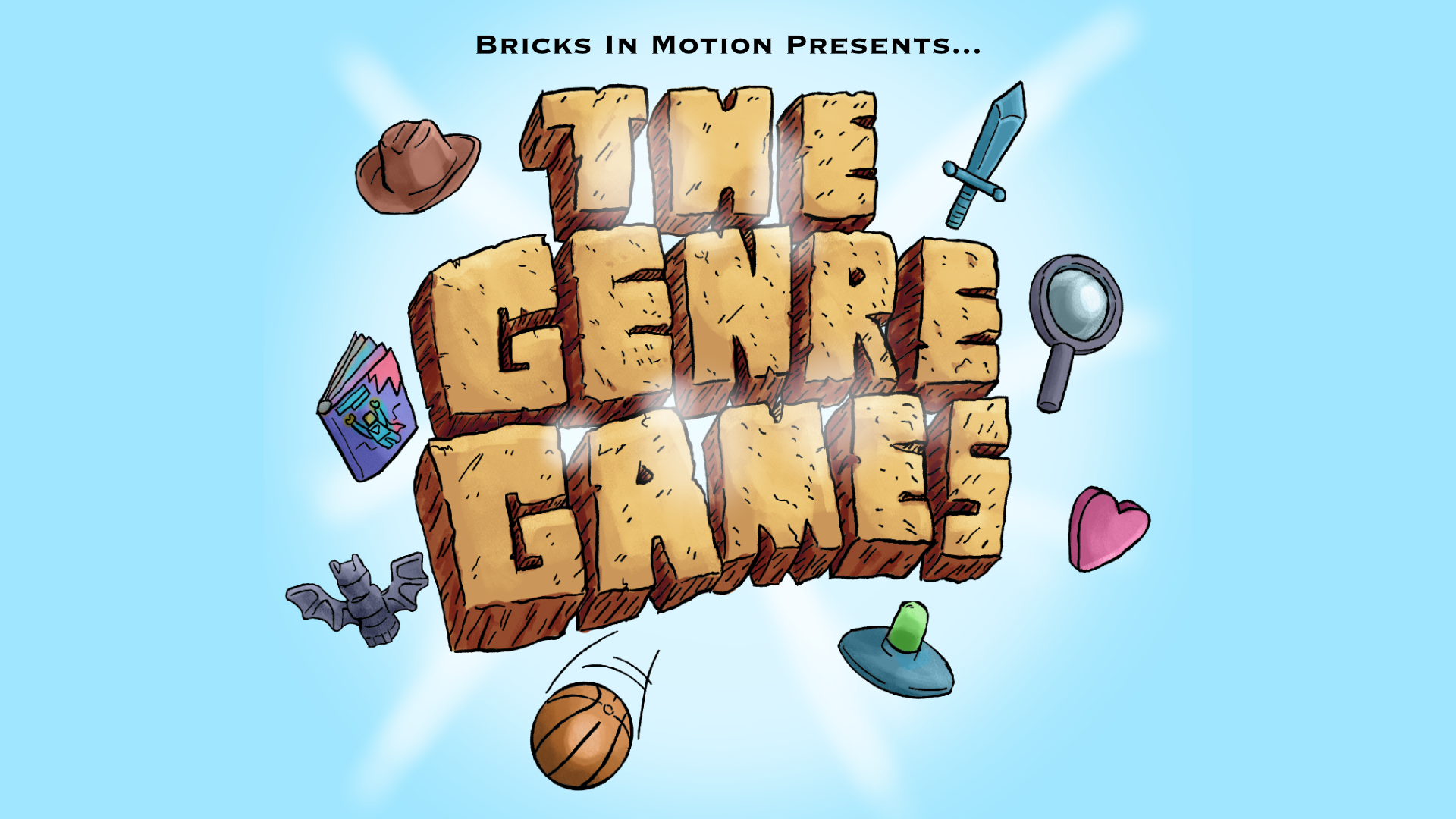Hollywood spends too much money appealing to empty spectacle, name recognition, and dead franchises. Their industry is collapsing, and what's hilarious is that they are blaming everything but themselves. The Host didn't fail because it had a female protagonist - it failed because it bloody sucked. World War Z didn't fail because of Brad Pitt, it failed because the zombie apocalypse genre is more tired than the bromance-comedy, and because the script was a complete mess. Man Of Steel didn't do as well as you hoped not because of all the competition, but because it was completely bland.
The triple A gaming industry is trying to appeal to difficult-to-develop-for graphics, cheap gimmicks, and bland trends that its forgetting about the actual games. Consoles should serve the games - the games shouldn't have to bend over for the consoles. That's why companies such as Valve and DoubleFine have walked away and are just doing their own thing. Even Lord British has severed ties with EA and launched a Kickstarter campaign because he knows how much major game companies suck. Sony, Microsoft, and Nintendo are praying that people will just buy their stuff out of brand loyalty rather than actual quality - because that plan worked so well with Atari...
TV is just generally crap, and with the invention of webshows its been ages since I've sat down and watched something that wasn't a re-run. Its begging for Twitter to help it out, forgetting that Twitter is filled with mindless drones who will just re-tweet anything their favourite celebrity says without actually thinking about it.
No-one reads books any-more. Even if I was to write the next War and Peace, no-one will care because no-one cares about books. Which is a shame, because writing a book and self-publishing it on the Kindle is unbelievably easy. Anyone can write a book now...its just a shame that no-one will be there to read it.
Eventually all these mediums are going to either implode, fade away, or find some way to move on. Either way, stuff is going to change soon.
![]()











